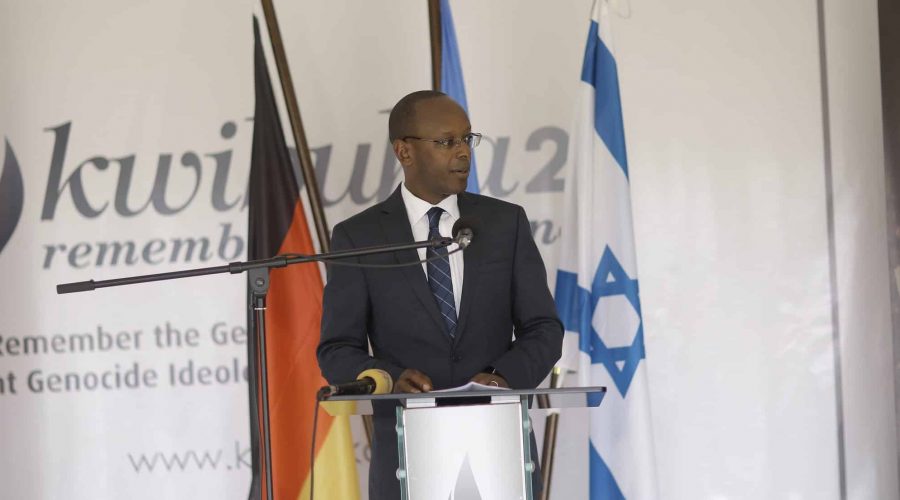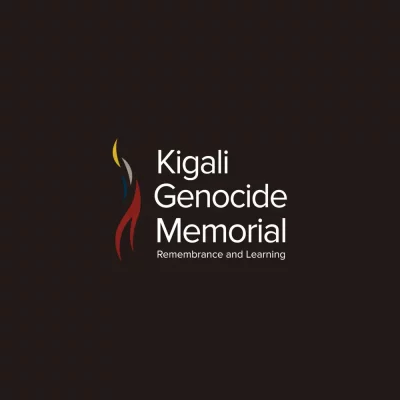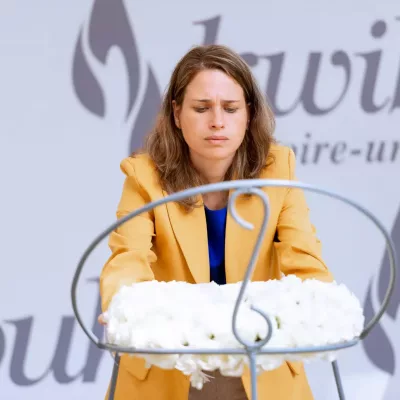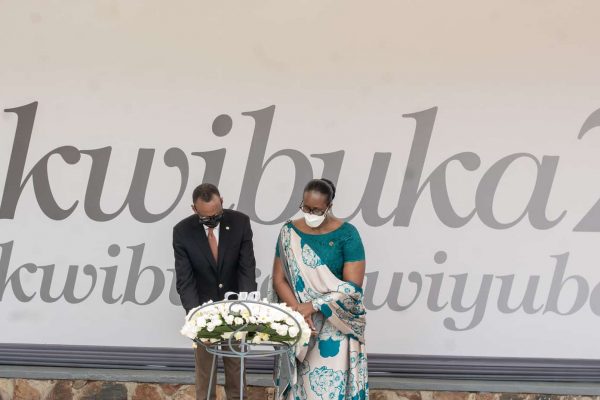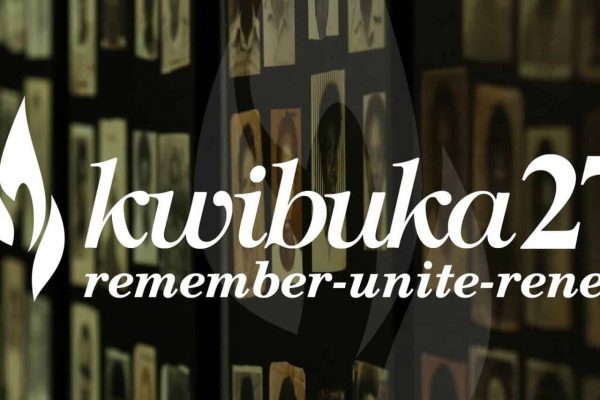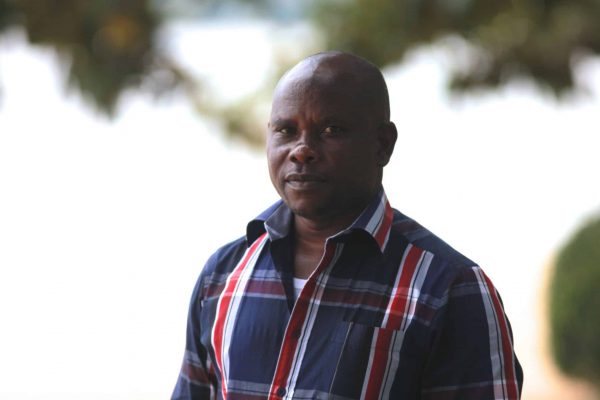Remarks by the Director General of the CNLG Research and Documentation Center on Genocide
Dr Jean-Damascene Gasanabo
• Excellency Mrs.Tal Ben Ari Yaloon, Deputy Head of Mission of the State of Israel to Rwanda,
• Excellency Dr. Peter Woest, Ambassador of the Federal Republic of Germany to Rwanda,
• Excellencies Ambassadors, High Commissioners, Heads of International and regional Organizations
• Aegis Trust representatives,
• Kigali Genocide Memorial staff,
• Friends of Rwanda,
• Honourable guests,
Good morning.
It is an honor for me to speak on behalf of the Government of Rwanda on this occasion of commemoration in Memory of the Victims of the Holocaust. We have come together to recognize the International Day of Commemoration in Memory of the Victims of the Holocaust and reinforce our international commitment to memorialize this, and other, genocides forever. In doing so, we strive to ensure that such atrocities never occur again.
Rwanda, like Israel, has endured genocide and is determined for the past to never be forgotten. In remembering the 1994 Genocide against Tutsi, we have placed emphasis on educating our younger generations – sharing the history of our country, however terrible it may be, in order to convey the significance of unity and peace. In particular, we are showing children and young adults that agaciro, dignity, is essential to these goals. With personal respect and dignity, we are able to respect others and, as a result, never revert to the inhumane treatment of the past.
Educating the world and its young people about the Holocaust in the same way is of paramount importance to ensure that other countries learn from your and our experiences. President Paul Kagame reflected this sentiment by saying: “We cannot turn the clock back nor can we undo the harm caused, but we have the power to determine the future and to ensure that what happened never happens again.” Education is the key to achieving this.
We are united by a common vision to fight anti-Semitism, genocide ideologies and all forms of genocide denial, as we know the terrible consequences of these issues if they are not addressed. Targeting groups, discrimination should not be tolerated in any state, on any continent. We, Rwanda and Israel, are in a unique position to remember the victims of our traumatic past and use this memory and legacy to fight these problems with vigor and determination.
Having said this, it is not our duty alone to carry this responsibility. Leaders all over the world should support and embody our mission, for the good of their people and in acknowledgment of their international responsibilities, as ratified in UN Conventions such as the 1948 Convention on the Prevention and Punishment of the Crime of Genocide. Just last week, on the 26th of January, the UN General Assembly amended the 2003 resolution, which had inaccurately omitted the Tutsi as the targeted group of the 1994 Genocide. I wish to thank Israel for co-sponsoring the decision, and all nations who supported this important correction for historical clarity.
Meeting our international responsibility means strengthening and preserving memorialization, and recommitting to teaching, researching and documenting our collective past. Days such as this one, the International Day of Commemoration in Memory of the Victims of the Holocaust, are opportunities to demonstrate international support. On the anniversary of the liberation of the Auschwitz-Birkenau concentration and extermination camp on 27 January 1945, we pay tribute to all victims of the Holocaust and honor them with a pledge of ongoing collective remembrance.
We also share the instrumental vision of overcoming the trauma endured, and looking to the future with strength and determination. Looking after our own people by striving towards a harmonious and successful future cannot be done without remembering those we have lost and supporting those who continue to grapple with their past.
By mobilizing the community to lean on and uplift each other, we are sending a strong message to perpetrators and bystanders, locally and internationally. We are saying:
We are strong.
We are not alone.
We will not leave anyone behind.
Primo Levi, a Holocaust survivor, has discussed the inhumanity of humanity during genocide. It is so important to show one another that humanity, Ubumuntu, can be a force for good and that the atrocities of the past are where they will remain.
Thank you for giving me the opportunity to speak today, and for your kind attention.
Shalom.

